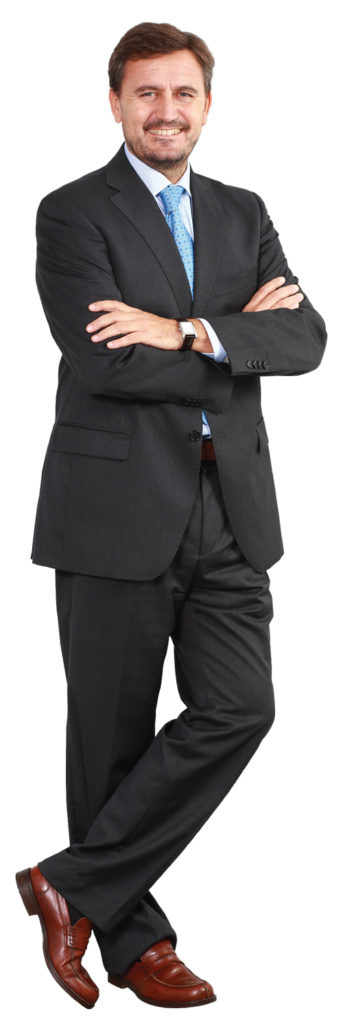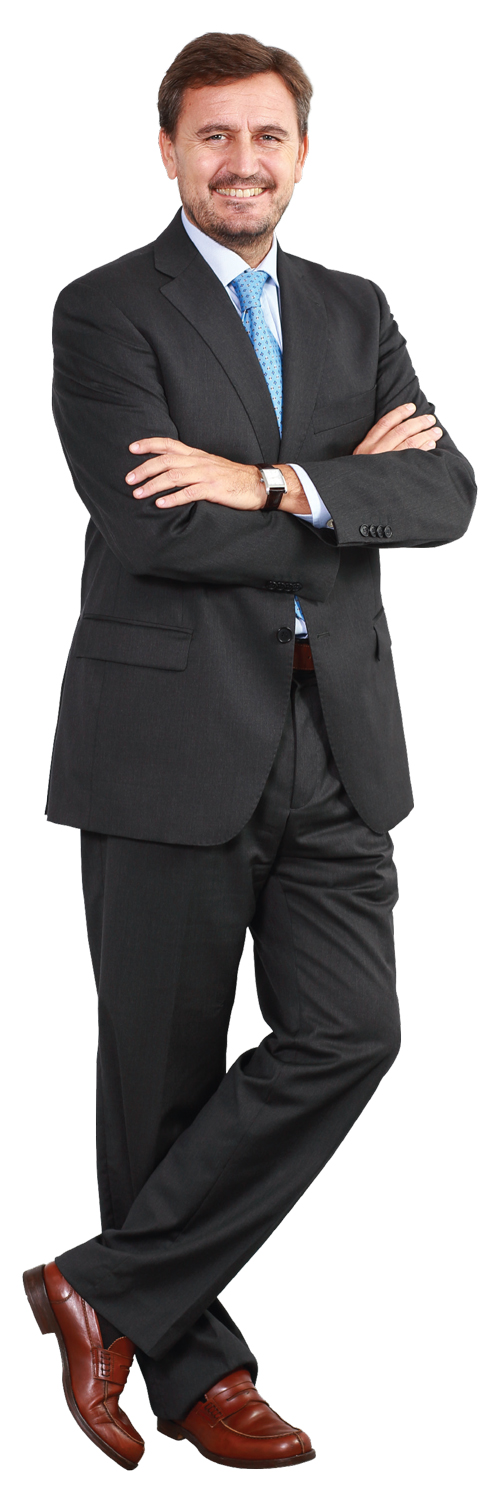Just like the travel agencies it serves, Amadeus, too, is expanding into new business lines. Newly appointed Asia-Pacific president, Angel Gallego, tells Gracia Chiang that the trade needs to get content and channels right

You were VP of Western Europe, Middle East and Africa, what surprised you when moving to this part of the world?
It’s a cultural journey for me, a very intensive one. We all come with our own impressions in mind of what Asia-Pacific is, only to realise there is no one Asia-Pacific. It’s very difficult to draw a common line culturally and from a business standpoint.
There are vast differences among Japan, South Korea, China, India, South-east Asia, Australia…The structure of the airline players, hotel industry and travel agencies, the way they engage with each other, their business models and how they position themselves in the marketplace are very different.
With this in mind, what then are your key priorities for the region?
There are some commonalities to address. To name a few that stand out for distribution: low-cost carriers (LCCs), hotels, online travel agencies (OTAs), corporate travel specialisation. These four are top of the list in the key priorities we’re establishing for every large country in Asia.
LCCs are more important; hotels are accounting for more of the profit of travel agencies, whose majority of sales were from air tickets before; many large travel agencies see embracing online as unavoidable; and corporations are also demanding more technology specialised to the needs of their businesses and travellers.
How are you helping travel agencies?
What we’re providing is a combination of three things: content, technology and services.
Firstly, their needs for content are growing, so we need to expand our range of content. Agencies would have been satisfied with just getting our air content 10 years ago, but today they tell us air is only a fraction of their sales, network carriers is a fraction of that, and their profit balance is drifting towards other products.
They are saying, “I sell more products, so I need more content. The more you can help me aggregate that content seamlessly so I don’t have to jump from database to database, the more you help.”
Secondly, there’s pressure to have more channel capability in a coherent way. Every agency today acknowledges that travellers are multichannel consumers, so they want to enable mobile and relate to meta-search. We need to help agencies engage consumers from the inspiration phase.
Yes, agencies today have to embrace digital channels.
Mobile and online are very different things. Mobile is a very powerful channel for interacting with the traveller. The fact that the screen of smartphones are growing, bandwidth is improving, applications are more lean to manage data exchanges on the Internet – this means we can do things on smartphones that were unthinkable years ago.
The demand (for mobile), at the beginning, came from a servicing viewpoint rather than a selling viewpoint. However, the moment (agencies) provide that, they start realising the selling potential within that space as well.
We’re developing a new mobile solution, expected for launch later this year, which is designed to make travel easy. It’s a digital, multichannel technology that addresses traveller needs at every stage of the journey from inspiration to management and experience. It will enhance our travel agency customers’ ability to offer a personalised service by delivering check-in capabilities, flight status updates, local maps and services right to the traveller’s phone.
And for online?
The challenge is the informed or biased traveller. If you’re an offline player sitting in front of somebody who has been influenced by whatever he saw when browsing the Internet, (that customer) knows what he wants at the price he wants it, and he believes he can get it at that price because he saw it. Agencies say, “How can I participate in that influence?”
For online travel specialists, the challenge today is that the inspirational phase is starting to happen in a big time beyond their reach because it’s on metasearch companies as well as user-generated content sites like TripAdvisor. They feel like people who are landing on their sites are already influenced, and they want help with merchandising and inspiration solutions.
On that topic of technology solutions, Amadeus has been muscling up as an IT player, is this because the distribution business is dwindling?
That’s not right. Our distribution business grew seven per cent last year (for Asia-Pacific). That’s a lot higher than the industry average. Our distribution business is now 20 plus years old, but still growing. It’s healthy, and we’re very happy about that.
But it’s true that in the last two years we’ve been intensively looking into (new areas). We don’t need to wait until we have a problem with our older business lines. I wouldn’t say it’s hardcore diversification. All of them are in the neighbourhood of what we do, capitalising on synergies or assets we have today.
With airline IT growing very nicely, we’re moving vigorously into airport IT because we have a very nice departure control set of applications that we thought was easily adaptable to airports. We are developing applications in house, plus acquiring companies that complement our portfolio like UFIS.
Same with hotels. We’ve been a very large player for many years, particularly in the corporate travel space. Now our ambition is to participate in leisure hotel distribution and hotel IT. We’re making sizable investments, again a combination of in-house R&D and acquisition of relevant players like Newmarket.
Will you be focusing on certain countries within Asia?
The needs of every market are different. The needs to invest in a country like South Korea, for example, are very sizable. It’s a very large country, with very specific needs. Korean Air will be migrating its passenger service systems to Amadeus’ Altea this year. The uniqueness of the Korean market is that Korean Air also owns a GDS called Topas. Topas and Amadeus have been working together for more than two years to create Topas SellConnect, which has been in operation since May. We are progressing towards full market adoption, expected by the end of August. We believe our system is more powerful in breadth of content but also in managing the content available.
China is very important, and it’s a step-by-step process there. The regulation in the GDS environment has relaxed to a sensible degree over the last few years – I wouldn’t say to a full degree. International airlines can now choose to work with GDSs like Amadeus for international air travel in China. To date, Air France, KLM and Lufthansa have received approval from Civil Aviation Administration of China to use Amadeus.
We have also just received IATA BSP certification in China which means that Amadeus is one step closer to giving authorised travel agencies the ability to fulfill the entire billing and ticketing process of travel products offered by foreign BSP airlines in the market.
10 NEED TO KNOWS ABOUT Angel Gallego
• Who is in your family? Wife, two kids, parents, brother, sister
• What do you do for fun? Sports photography, reading, family gatherings
• Your ideal vacation? Walking in the mountains
• How do you book your own leisure trips? Travel agencies mostly
• What are you reading right now? Meditations by Marcus Aurelius
• How do you stay healthy? Jogging four times a week, occasional basketball and mountain trekking
• Favourite food? Spanish paella
• A bad habit you cannot kick? Smoking cigars
• Your pet peeve, something that never fails to annoy you? On serious matters: dishonesty. Day to day: constant in-flight announcements in three languages while working or watching a movie
• Most people don’t know that you can… Be a very resourceful DIY husband
This article was first published in TTG Asia, July 11, 2014 issue, on page 6. To read more, please view our digital edition or click here to subscribe.




















